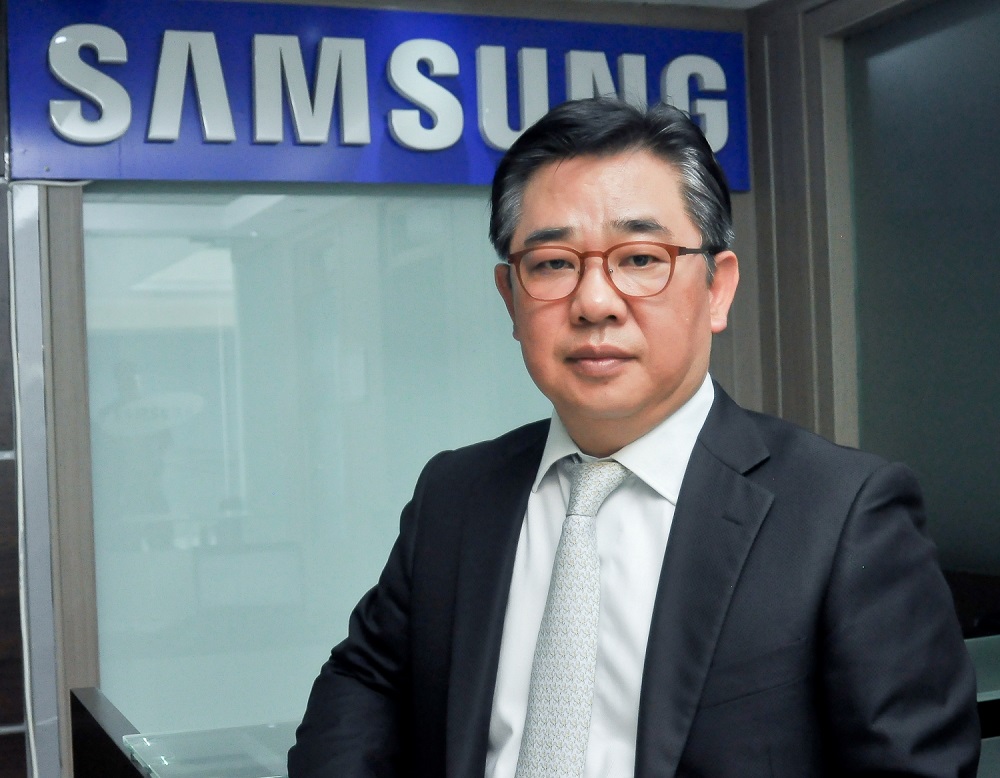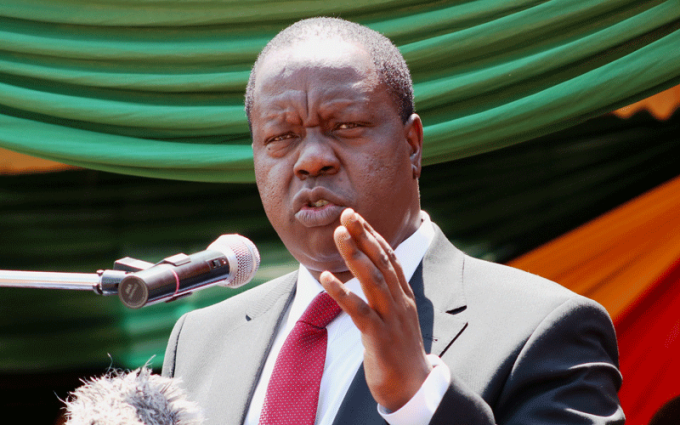Significant strides have been made in accessing education in sub-Saharan Africa. It’s up to the private sector to keep the momentum going, argues Jung Hyun Park (above), the Vice President and Managing Director, Samsung Electronics East Africa.
The outlook for schooling in sub-Saharan Africa is more positive than it has ever been, with the region experiencing dramatic increase in access to all levels of education. According to Caerus Capital’s report, Business of education in Africa, sub-Saharan Africa has the best record of improvement of any region since the Millennium Development Goals were established in 2000.
Though we are coming off of a low base, the statistics contained in the report are indeed promising. Total enrolment of primary school-age children rose from 91 million in 2000 to 158 million in 2014. Similarly, in secondary education, the number of pupils enrolled jumped from 24 million in 2000 to 56 million in 2014. Even more significant has been the growth in higher education, which has risen from 2.7 million in 2000 to around 7.8 million today.
We still have a long way to go before we can start celebrating though. Findings from the report show that sub-Saharan Africa still has 30 million children who are not receiving any form of schooling at all. Access to education is a massive challenge as is consistency in the quality of education provided.
Crossing the digital divide
It has been bandied about for a while now that digital solutions will go a long way in helping to alleviate Africa’s education challenges. Certainly, the rate at which digital penetration is taking place across Africa is promising.
According to the Business of education in Africa report, Africa’s international bandwidth increased 20-fold from 2009 to 2014. What’s more, there are around 445 million unique mobile subscribers in Africa today. This is up from 200 million in 2010. Mobile broadband connections are also set to increase to almost 60% by 2020.
It is true that we are starting to see the benefits of digital progress in education, but the reality is that the government still lacks resources to address the scale of the challenge we face.
Clearly, government intervention alone will not help us win this war.
Rather – as the report highlights – it is the private sector which needs to come to the party. We need to inspire such a passion for learning that education in Africa cannot help but keep growing. Passion such as that of Noela Nyandega from Rongai Kenya inspires her dream of becoming a successful paediatric neurologist one day. Encouraged by the Samsung Solar Powered Internet School established at her school, the Arap Moi Primary in Kajiado, Kenya, Noela wants her neurology practice to provide free healthcare in East Africa, located in a building powered by the sun.
The more children like Noela we are able to inspire, the further the love for learning in Africa will grow. Her digital school is just one of Samsung’s many Solar Powered Internet Schools, geared specifically towards increasing accessibility to education and connectivity across the continent.
Since the school is solar-powered, mobile and completely independent, it is ideal for remote locations which have limited access to electricity. Each Solar Powered Internet School is built in a 12 metre long shipping container, easily able to accommodate 21 learners.
READ: Knowledge management is key to organisational success
The containers have several layers of insulation and a ventilation system to keep the room at a comfortable temperature, as well as 50-inch electronic boards and a variety of Samsung Notebooks and Netbooks. These are all optimised for use in a solar-powered environment. Uninterrupted power supply and the world’s first Wi-Fi camera are amongst some of the other features of the school.
The desire to continue inspiring a passion for learning is what keeps Samsung committed to improving the quality of education in Africa through its smart schools and learning centres. We are constantly growing our reach, now with smart schools and Solar Powered Internet schools spread widely across Africa, including Nigeria, Ghana, Uganda, Senegal, South Africa, Kenya and Zambia.
It was Anthony J. D’Angelo who said “Develop a passion for learning and you will never cease to grow” – a sentiment that would seem appropriate, given the era of African education in which we now find ourselves. Small shoots of growth are starting to appear, but are we doing enough to inspire the educational transformation our continent needs?













Leave a comment